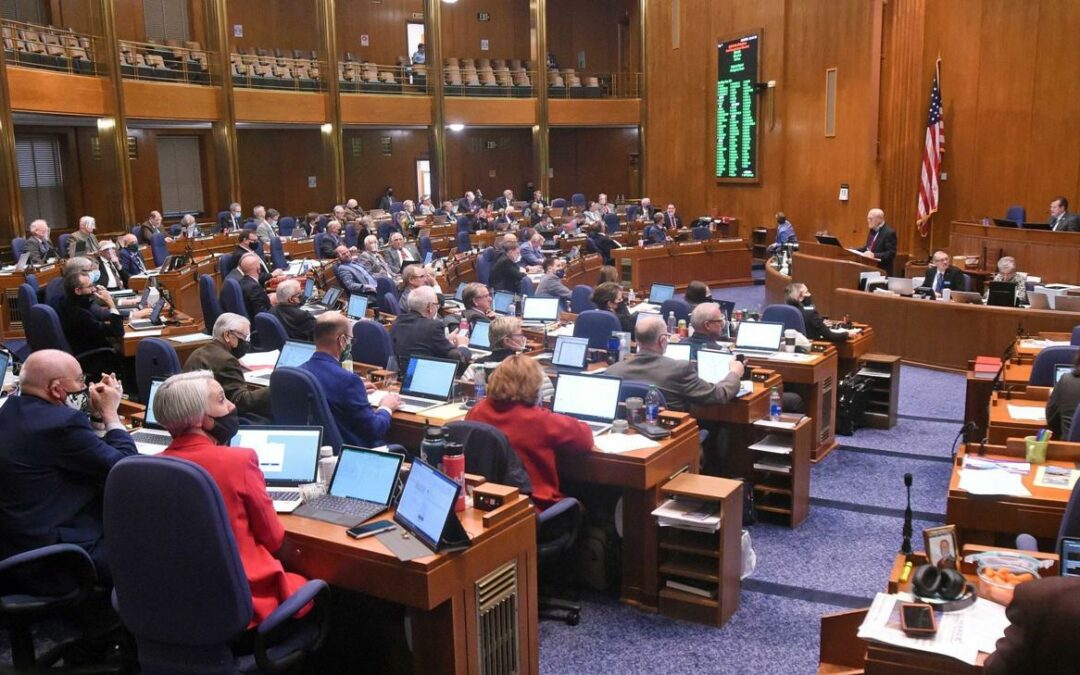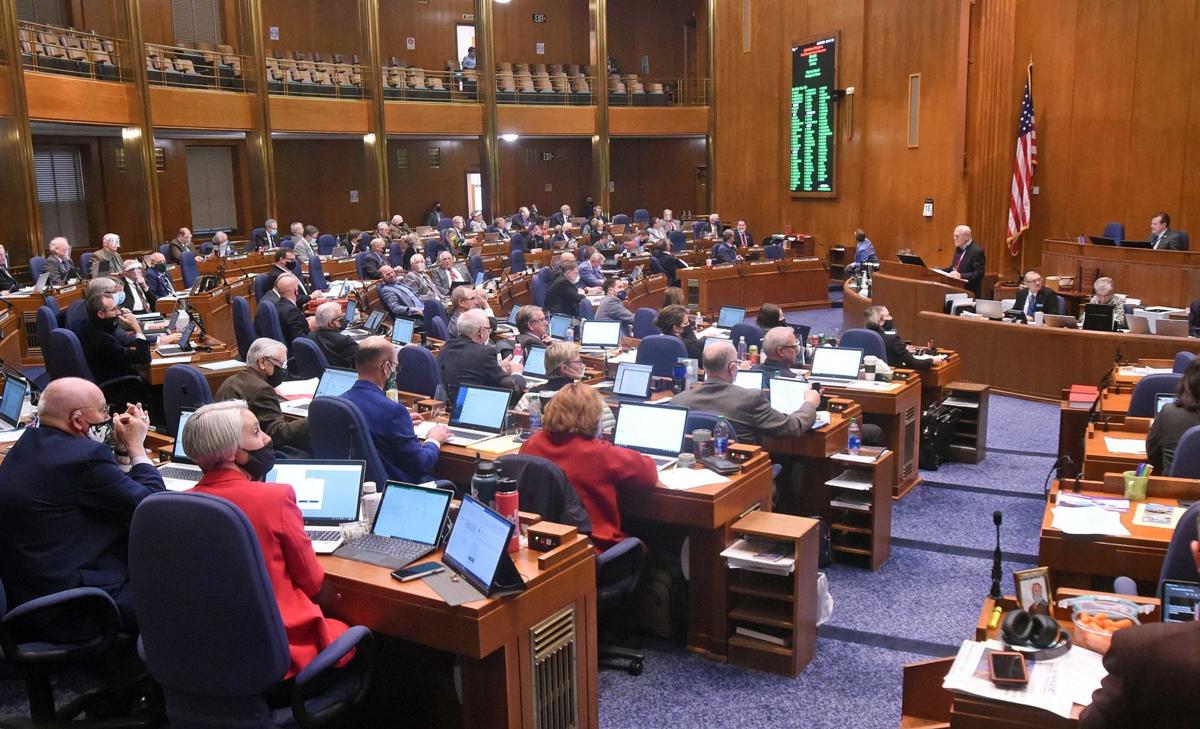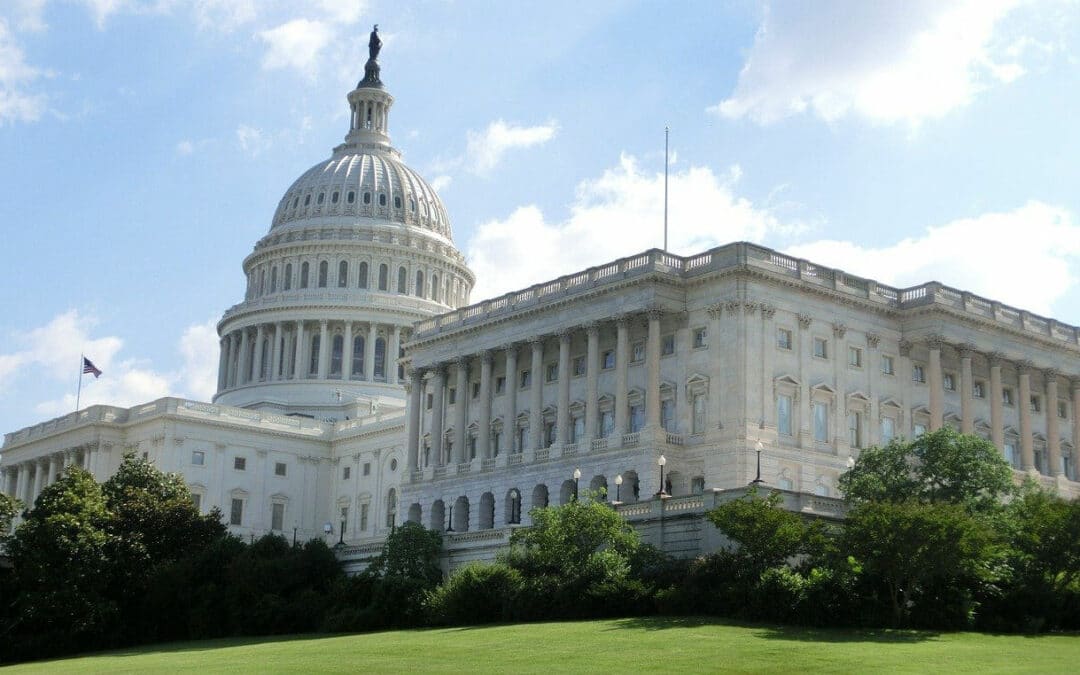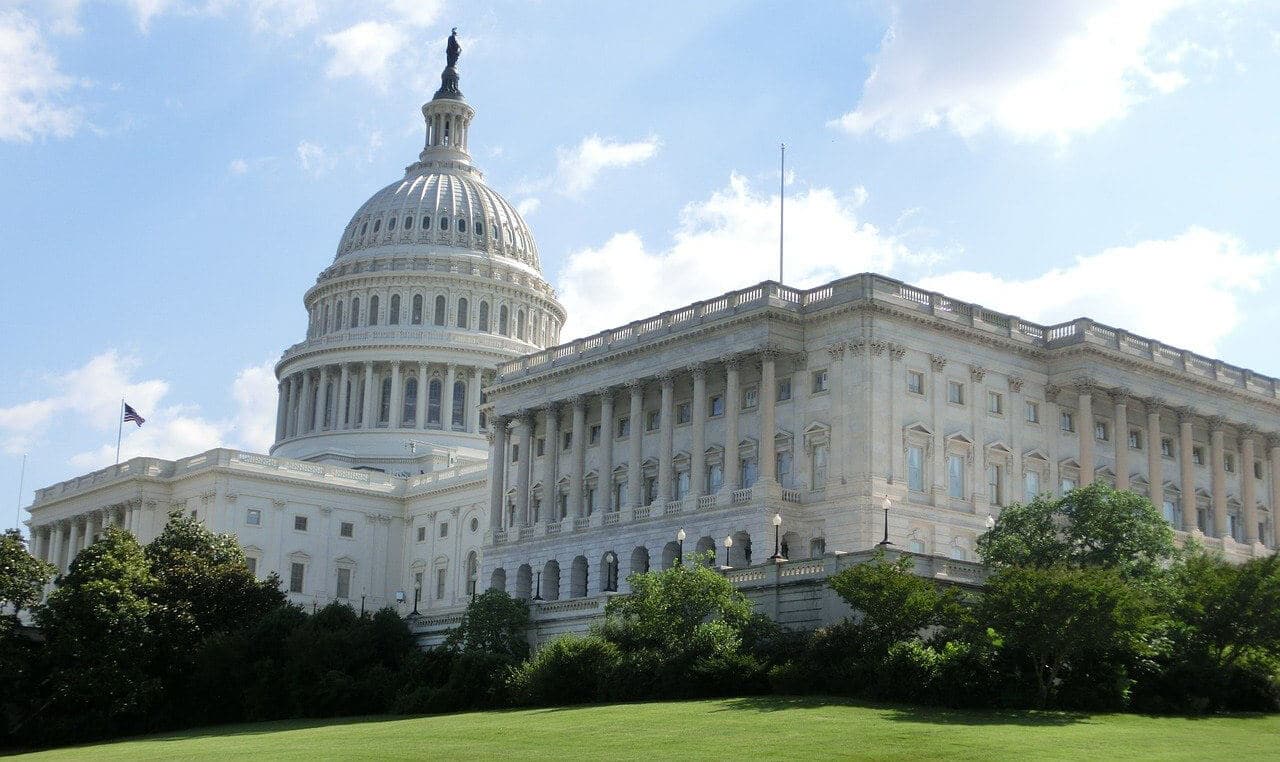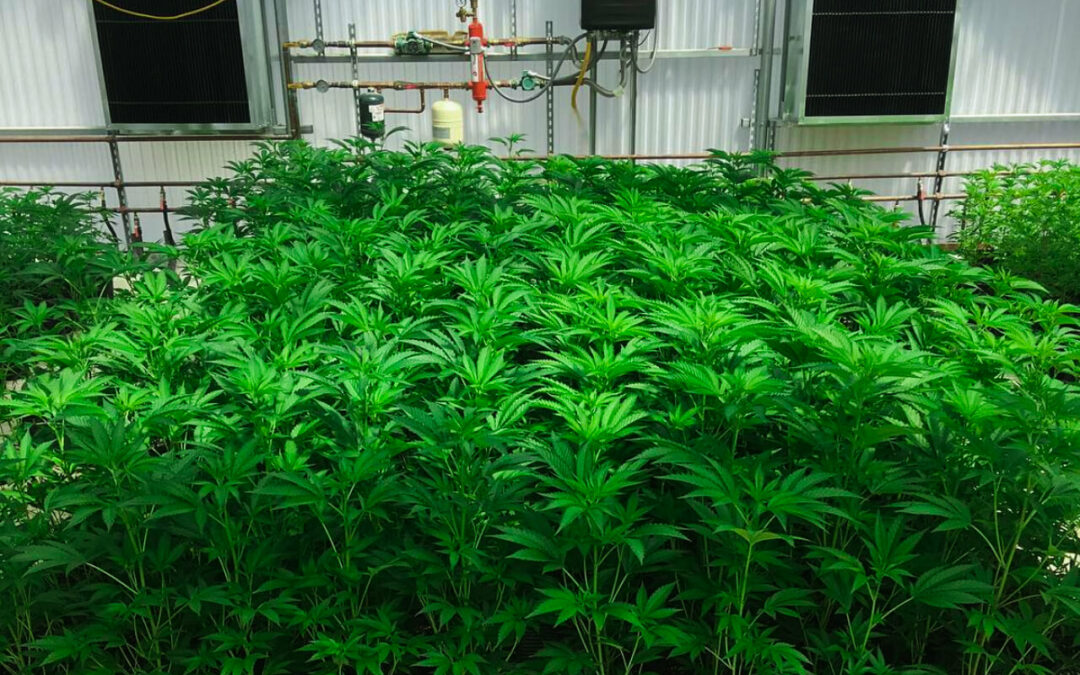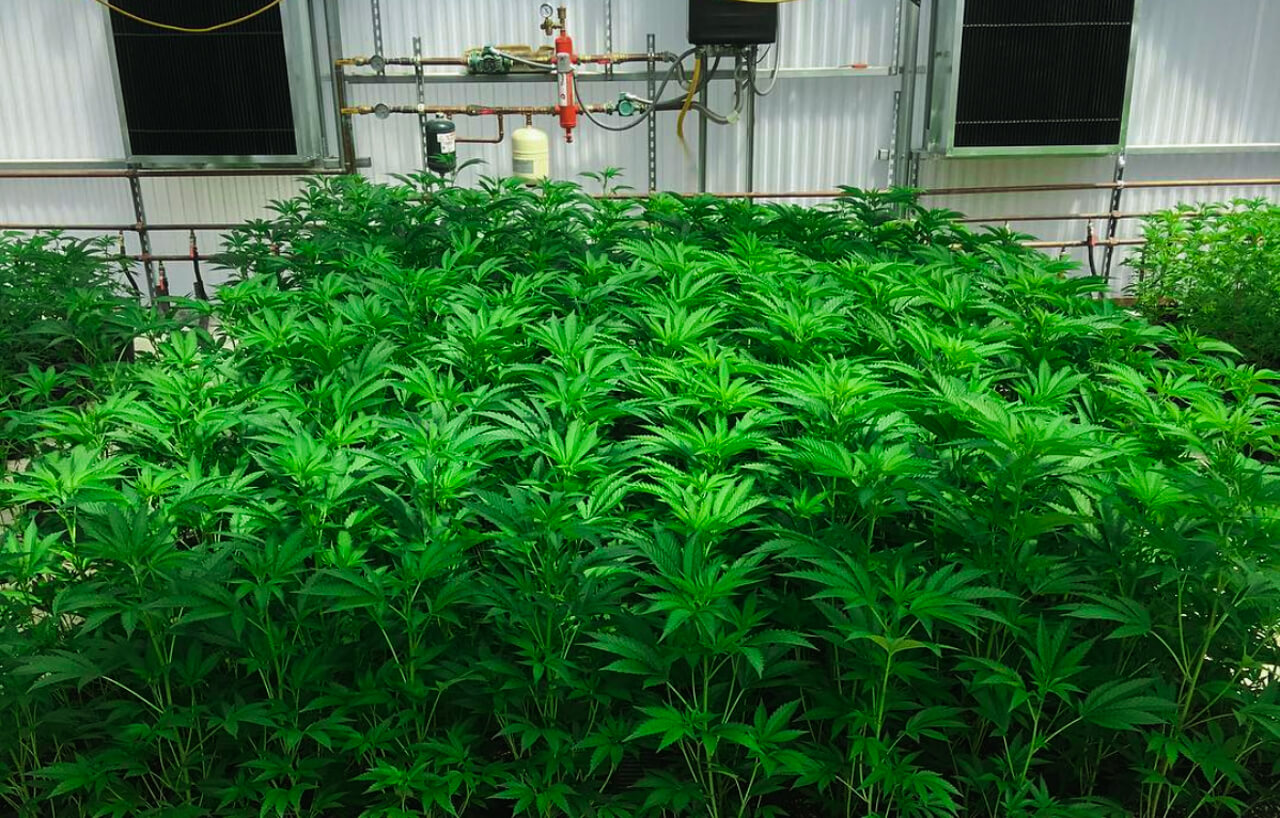“The legalization of adult use-cannabis will result in health, economic, criminal justice, and civil rights benefits for Minnesotans, benefits already experienced by those in other states that have eliminated the criminal prohibition,” said Rep. Rena Moran (DFL-St. Paul). “Minnesotans, especially those from Black, Indigenous, and communities of color who have been disproportionately impacted will have an opportunity to live better lives and contribute to society by participating in the workforce. People have made their voices clear across the state, and it’s time to end our current harmful policies on cannabis.”
As of Nov. 4, 2020, voters in Arizona, Montana, New Jersey and South Dakota approved measures to regulate cannabis for adult-use. That brings the total to 15 states and three territories. A total of 36 states, the District of Columbia, Guam, Puerto Rico and the U.S. Virgin Islands have approved comprehensive, publicly available medical marijuana/cannabis programs.
“I remain committed to supporting a path forward for a responsible framework to legalize cannabis in our state. For too long we have turned a blind eye to the effects that prohibition has had on many of our communities of color,” said Sen. Melisa Franzen (DFL-Edina). “As more states continue to remove barriers to embark in this industry, Minnesota must not be left behind. We should lead the way toward ensuring public health and safety considerations are at the forefront of any legislation.”
The next steps, following the bill’s introduction Monday, will be a series of public hearings that allow residents to ask questions and provide input on the matter.

